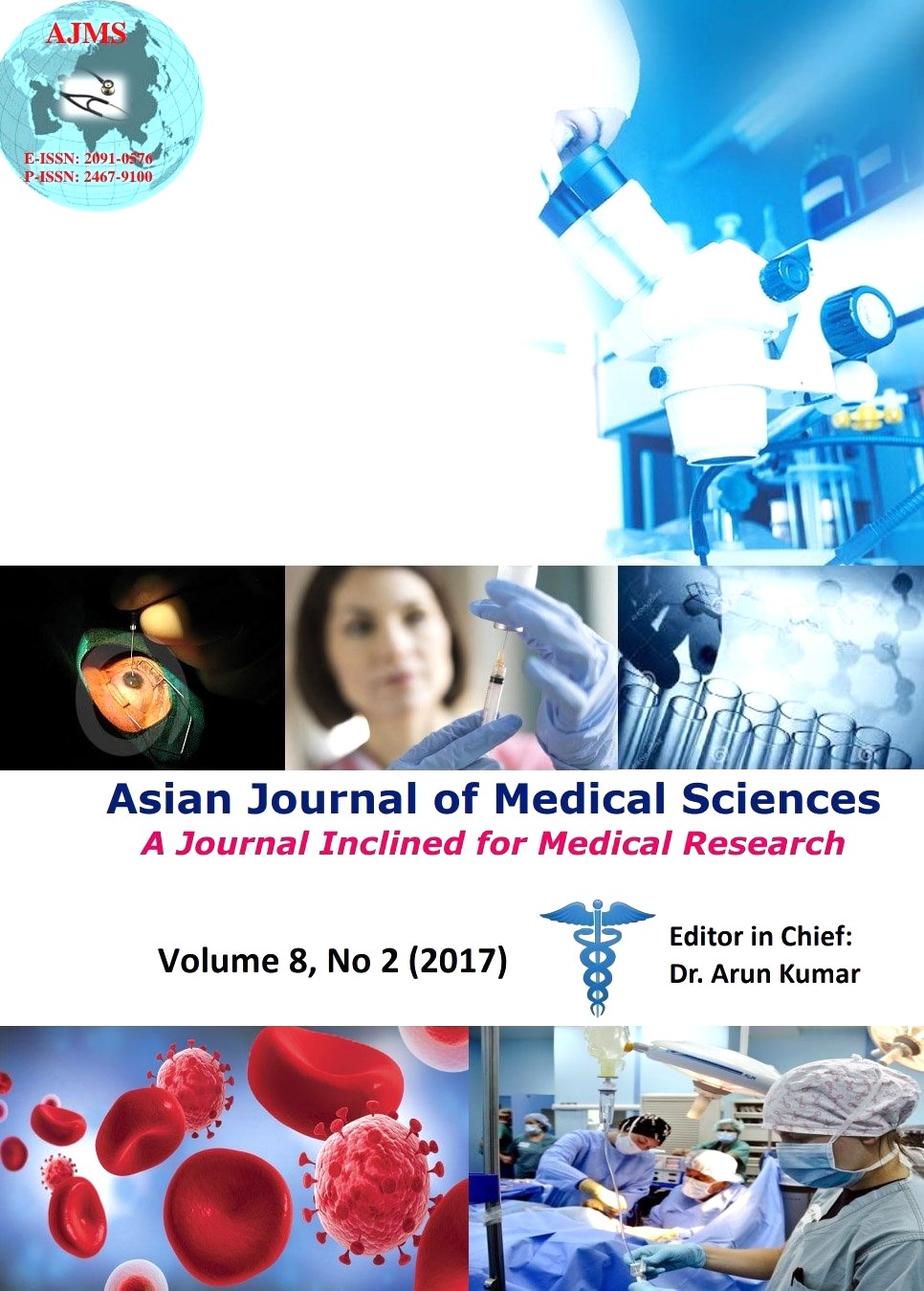Effect of pre-anesthetic anxiety and heart rate on propofol dose requirement for induction: A correlation study
Keywords:
Anxiety, heart rate, propofol, inductionAbstract
Background: Though anxiety is associated with increase in heart rate and cardiac output, there is conflicting reports regarding its effect on propofol induction dose.
Aims and Objectives: The aim of the study was to delineate the correlation between pre-anesthetic anxiety and heart rate on propofol requirement for induction.
Materials and Methods: Total 42 patients of ASA (American Society of Anesthesiologists) physical status I and II, 13 male and 29 female, aged between 18 to 50 years and scheduled for elective surgery under general anesthesia, were enrolled in this study. Trait anxiety in the waiting room and state anxiety both in the waiting room and operating room were assessed using Spielberger’s revised State-Trait Anxiety Inventory (STAI) scale. After heart rate (HR) recording, anesthesia was induced with 200 ml/hr 1% propofol infusion till loss of verbal contact.
Results: Pre-anesthetic trait anxiety and HR had strong positive correlation with propofol requirement (ρ>0.6, P<0.05)while state anxiety had not. But pre-anesthetic state anxiety measured just before induction is strongly associated with increase in HR (ρ>0.6, P<0.05).
Conclusion: Pre-operative anxiety should be considered and the dose of propofol should be titrated for induction accordingly. Further, larger trials with more sophisticated monitoring are needed to confirm our findings.
Asian Journal of Medical Sciences Vol.8(2) 2017 64-68
Downloads
Downloads
Additional Files
Published
How to Cite
Issue
Section
License
Authors who publish with this journal agree to the following terms:
- The journal holds copyright and publishes the work under a Creative Commons CC-BY-NC license that permits use, distribution and reprduction in any medium, provided the original work is properly cited and is not used for commercial purposes. The journal should be recognised as the original publisher of this work.
- Authors are able to enter into separate, additional contractual arrangements for the non-exclusive distribution of the journal's published version of the work (e.g., post it to an institutional repository or publish it in a book), with an acknowledgement of its initial publication in this journal.
- Authors are permitted and encouraged to post their work online (e.g., in institutional repositories or on their website) prior to and during the submission process, as it can lead to productive exchanges, as well as earlier and greater citation of published work (See The Effect of Open Access).




